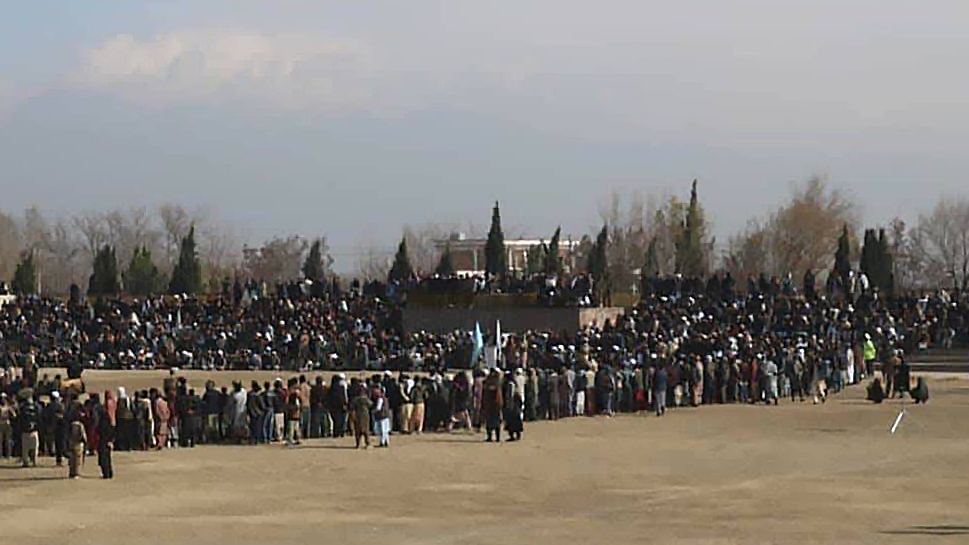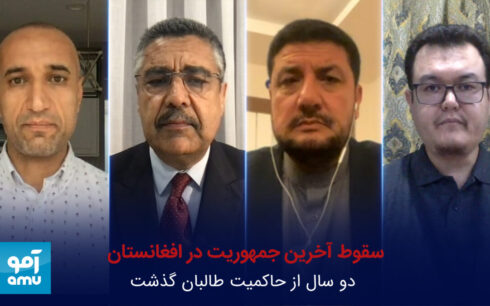On November 13, 2022, the Taliban announced that their leader, Hibatullah Akhundzada, during a meeting with their judges, stressed the implementation of Sharia law in capital punishment, targeting individuals accused of robbery, kidnapping, and sedition.
Six days later, the Taliban made a public announcement, revealing that they had subjected 19 men and women to floggings in Takhar. This action sparked widespread reactions, prompting the spokesperson of the United Nations Secretary-General to express disapproval of such “cruel” forms of punishment.
In response, Zabihullah Mujahid characterized these criticisms as an affront to the principles of Islam.
Tamanna, an alias for one of the individuals flogged by the Taliban, shared her story. A twenty-six-year-old from Panjshir who grew up in Takhar, she recounted her engagement to a relative five months before the fall of the previous government. However, one of her relatives, who was affiliated with the Taliban, later requested that the engagement be annulled in favor of his own marriage.
Following the Taliban’s resurgence to power, Tamanna’s fiancé traveled to Iran to prepare for their wedding and find employment. Subsequently, after the Taliban regained control, the same individual asked Tamanna’s family to cancel her engagement and marry her to her uncle’s son. In response, her family urged her fiancé to return for the wedding festivities.
According to Tamanna, prior to her fiancé’s return, Taliban members entered her home and took her to the Maruf headquarters in Takhar. She was accused of having an affair with a neighbor’s son, whom she claimed she had never met or heard of.
Tamanna asserted that her case was hastily concluded within a week without a formal court proceeding. Nevertheless, she and the neighbor’s son were subjected to 33 lashes each.
Unfortunately, Tamanna’s case is not unique. The deputy of the Taliban’s Supreme Court reported on May 4 of the current year that since their return to power, they had issued 175 sentences, including 37 stonings and 4 hangings.
Despite these actions, the Supreme Court of the Taliban asserted that it had imposed Sharia law-based rulings on 103 individuals and meted out sentences to 1,562 others.
Subsequently, within three months, the Supreme Court of the Taliban sentenced one person to “Qisas” or capital punishment. Furthermore, they disclosed that 17 individuals were flogged for charges related to illicit relationships, theft, and adultery. These judgments, the Taliban claimed, were carried out with the presence of provincial officials and applied universally.
Sardar Ahmad, a 13-year-old who had previously served as a soldier and officer in the prior army, recounted his ordeal. Following the Taliban’s resurgence, believing in their promise of general amnesty, he chose to remain in the country. However, on a winter night last year, the Taliban raided his residence and apprehended him.
He endured three weeks in a Taliban prison where he faced torture and witnessed unimaginable suffering. He continues to grapple with the trauma months later.
As two years have elapsed since the Taliban regained power, the global community views the humanitarian situation in Afghanistan under their rule as deeply concerning. Conversely, the Taliban dismiss the reports from international entities, including UNAMA, as founded on erroneous information and divorced from reality.





